Hopefully, these quotes from George Soros can provide inspiration and positive psychology on how to trade forex.
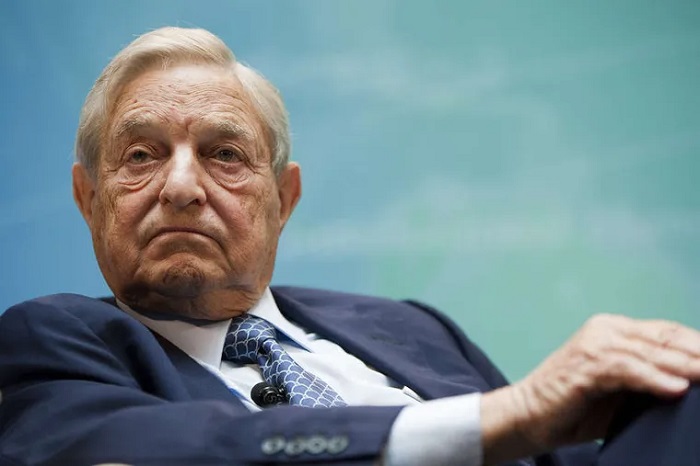
George Soros is known as probably the most powerful trader and speculator in the world. From "Black Wednesday", he made more than USD1.2 billion in his short sterling trading.
The nickname later developed as The Man Who Broke Bank of England. There are many valuable lessons that can be learned from George Soros' quotes.
Out of the numerous quotes attributed to him, this article will delve deeper into two particular aspects:
- In terms of trading psychology: Making mistakes is normal. However, mistakes such as being too greedy and emotional while playing in the market should be avoided.
- In terms of market understanding: The financial market is comprised of numerous entities. Strive to accept the unpredictability rather than attempt to control it. It's also good to spot opportunities as early as possible.
What are the valuable quotes from George Soros that fall under those two aspects? Let's find out more below.
On Trading Psychology
Trading psychology refers to the mindset and emotions that traders experience while engaging in financial markets. It plays a crucial role in determining the success or failure of traders, as it affects their decision-making, risk tolerance, and overall performance.
Here are some quotes from George Soros about trading psychology:
Knowing When You're Wrong
"I'm only rich because I know when I'm wrong."
It means that one can survive in forex by recognizing their mistakes. Soros acknowledges that he has achieved financial success not solely because he consistently makes correct investment decisions, but rather because he recognizes and admits when he is wrong.
He also views mistakes as valuable experiences. By understanding and analyzing his errors, he can refine his investment strategies and decision-making process that lead to his long-term success as an investor.
Wrong or Right Doesn't Matter
"It's not whether you're right or wrong, but how much money you make when you're right and how much you lose when you're wrong."
Managing profit and loss is much more important than just proving your prediction on the price movement. Being right or wrong is a natural part of the investment process.
From "..how much money you make when you're right", Soros emphasizes that the key aspect is the ability to capitalize on correct predictions. When an investor or trader makes an accurate market call, it's crucial to take advantage of the opportunity and generate significant profits.
This involves effective position sizing, timely execution of trades, and maximizing gains during favorable market conditions.
And "...how much you lose when you're wrong", equally important is the ability to manage losses when predictions go awry. Controlling downside risk through techniques like setting stop-loss orders, diversification, and disciplined risk management helps prevent significant losses that could erode overall investment returns.
Fear and Greed
"The markets are always on the side of exuberance or fear. It's fear and greed. Right now greed has the better of it, which is rather nice (for investors) as long as it doesn't get out of hand."
One should always be cautious of being overwhelmed by greed and fear. Those two things are considered powerful motivators that can drive investors' decision-making processes. Greed may be slightly better than fear, only if it doesn't get the better of them.
Soros observes that at the time of the quote, greed is prevailing in the market. Greed refers to an excessive desire for gain or profit, often leading investors to take on more risk and push asset prices higher.
Soros suggests that this prevailing greed is favorable for investors, as it can potentially lead to profit opportunities. However, he also emphasizes the importance of not letting this greed "get out of hand."
This implies that excessive greed can create unsustainable market conditions, potentially resulting in asset bubbles or market instability.
Don't Dwell Too Much on Mistakes
"There is no shame in being wrong, only in failing to correct our mistakes."
It means that there's always room for making analytical errors and wrong predictions. Traders should not be ashamed of them as long as they're trying to improve from their mistakes.
Instead of dwelling on the shame of being wrong, he emphasizes the importance of taking responsibility for our mistakes and taking steps to correct them. This requires a willingness to admit when we are wrong and a commitment to learning from our failures.
Investing Shouldn't be Fun
"If investing is entertaining, if you're having fun, you're probably not making any money. Good investing is boring."
This statement suggests that if you find investing to be entertaining or enjoyable, it may indicate that you are not focusing on the right aspects of investing that lead to financial success.
Investing should be driven by careful analysis, research, and a focus on long-term goals, rather than being influenced by short-term excitement or emotions.
Investing based on emotions or seeking constant excitement can lead to impulsive decisions, chasing speculative trends, and taking excessive risks. It was also prone to overtrading.
Soros suggests that successful investing requires patience, persistence, and adherence to a well-thought-out investment strategy. It's about making rational decisions based on careful analysis of fundamental factors, rather than chasing quick profits or following market hype.
Boring investing implies sticking to a well-diversified portfolio, avoiding impulsive trading, and staying focused on long-term objectives. It means avoiding the temptation to constantly tinker with investments or seek out the next "hot" investment opportunity.
On the Financial Market
Financial markets contain financial instruments that are bought and sold. These markets facilitate the flow of capital and enable individuals, businesses, and governments to raise funds, invest, and manage risks.
Here are some of Soros' quotes about financial markets:
The Role of Perception and Sentiment in Market Behavior
"The worse a situation becomes the less it takes to turn it around, the bigger the upside."
According to Soros, market behavior is influenced not only by external factors but also by participants' perceptions, biases, and reactions to those factors.
In such a scenario, as a situation deteriorates and negativity prevails, participants may become increasingly pessimistic and act accordingly, driving prices or sentiment further down.
However, Soros suggests that this negative spiral can reach a point where even a small positive development, a change in perception, or a shift in market sentiment can trigger a reversal.
When a reversal occurs, the size could be determined by the previous trend. For instance, the stronger a downtrend, the bigger the uptrend will be when the price reverses.
Try Being A Contrarian
"Markets are constantly in a state of uncertainty and flux, and money is made by discounting the obvious and betting on the unexpected."
Markets are inherently uncertain and constantly changing. Economic, political, and social factors can introduce volatility and unpredictability into the market environment. This implies that it's challenging to predict market movements with absolute certainty.
In order to generate profits, investors need to identify opportunities that are not yet fully recognized or anticipated by the market. This often means making contrarian or unconventional bets on outcomes that others may not expect.
In other words, it's impossible to accurately predict the market, so winning is a matter of not following the crowd.
Catch the Earliest Market Opportunity
"We try to catch new trends early and in later stages we try to catch trend reversals. Therefore, we tend to stabilize rather than destabilize the market. We are not doing this as a public service. It is our style of making money."
Traders always catch profit as earliest as possible, naturally shaping the ups and downs of the price movement. The quote above implies that Soros' trading decisions are based on identifying and aligning with the underlying market dynamics, rather than attempting to manipulate or disrupt the market for personal gain.
Embrace the Uncertainty
"The financial markets generally are unpredictable. So that one has to have different scenarios… The idea that you can actually predict what's going to happen contradicts my way of looking at the market."
Market players consist of different sides, minds, and purposes, so it's impossible to guarantee 100% accuracy when it comes to price analysis. Soros suggests that due to the unpredictability of financial markets, it is essential to consider different scenarios or possibilities.
Instead of relying on a single prediction or forecast, Soros advocates for a flexible approach that takes into account a range of potential outcomes. This allows investors to be prepared for various market conditions and adjust their strategies accordingly.
If you need young figures to make the lessons more relatable, you can always check Youngest Forex Traders Who Become Millionaires.

 Dedicated FREE FOREX VPS
Dedicated FREE FOREX VPS Free FOREX Virtual Private Server
Free FOREX Virtual Private Server MT4 Demo Contest, Get $500
MT4 Demo Contest, Get $500 Sign Up for an Account, Claim 60% Deposit Bonus
Sign Up for an Account, Claim 60% Deposit Bonus Free MT4/MT5 VPS 2024
Free MT4/MT5 VPS 2024 Send E-mail and Get Free Merchandise
Send E-mail and Get Free Merchandise $1K Refer a Friend Bonus for Pepperstone Pro clients
$1K Refer a Friend Bonus for Pepperstone Pro clients Maximize Your Earnings with 100% Deposit bonus
Maximize Your Earnings with 100% Deposit bonus Trade to Win, $5,000 Monthly Demo Contest
Trade to Win, $5,000 Monthly Demo Contest Claim 30% + 15% Deposit Bonus from LiteFinance
Claim 30% + 15% Deposit Bonus from LiteFinance
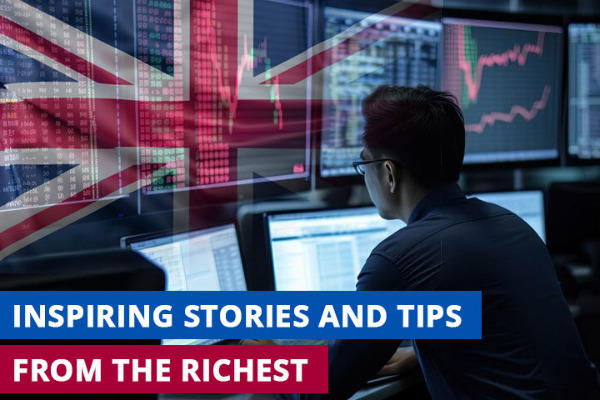

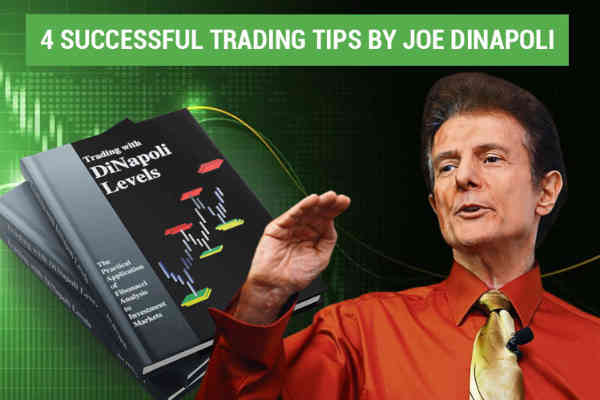
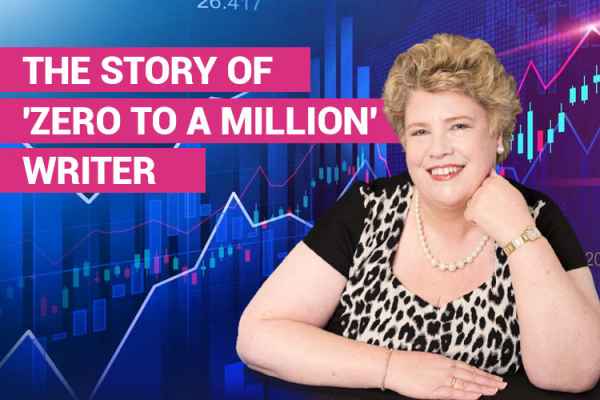
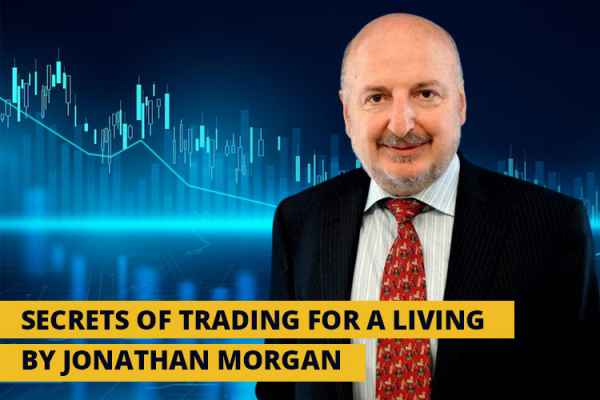

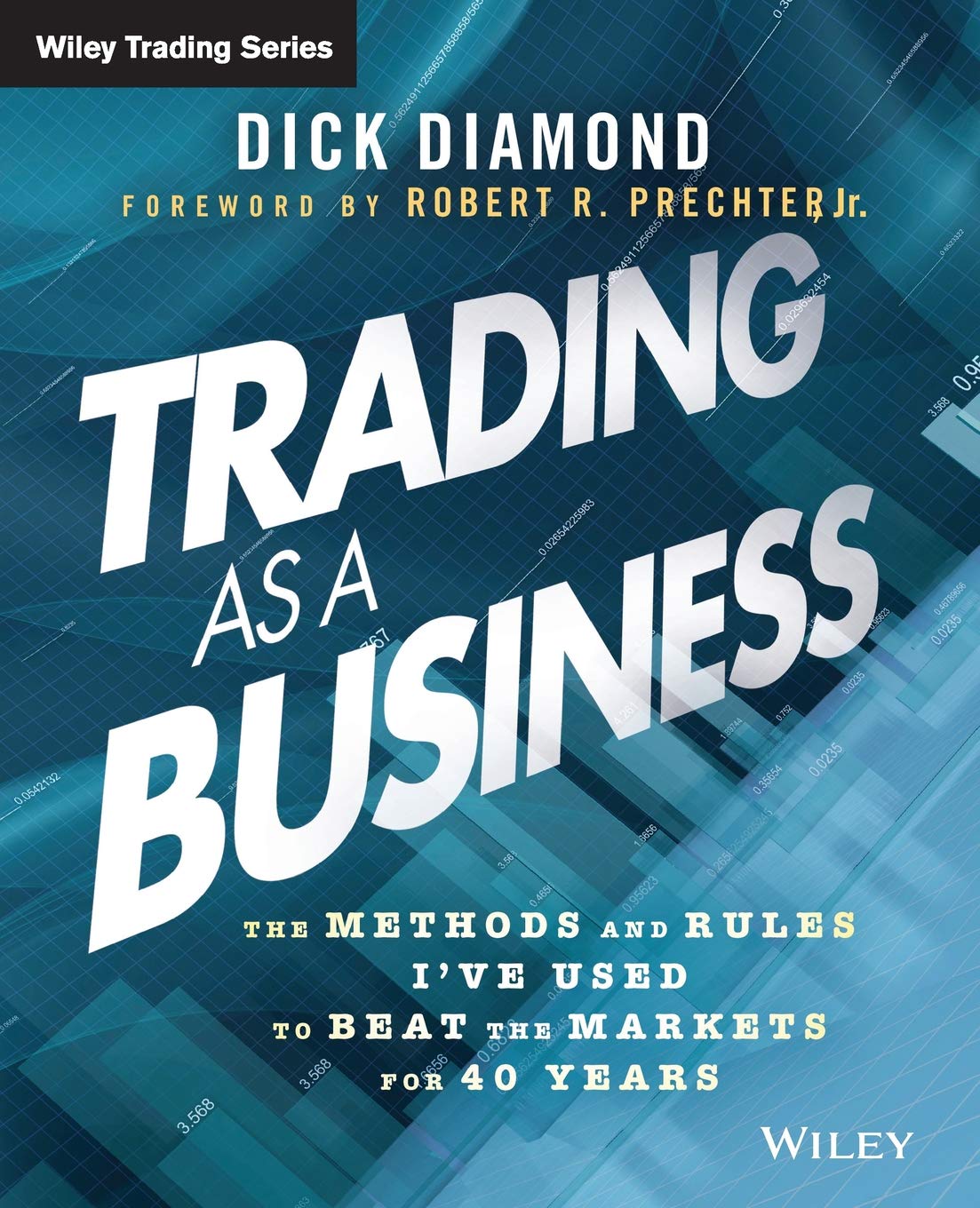




















2 Comments
Ferran
Jan 18 2024
Hey, so I was checking out those quotes from George Soros in the article, and one thing he says caught my eye: "We try to catch new trends early and in later stages, we try to catch trend reversals. Therefore, we tend to stabilize rather than destabilize the market. We are not doing this as a public service. It is our style of making money."
Now, I'm curious about how we can actually spot those new trends early on. I mean, most of the trading analysis I know happens after the market's already made its move, you know? Like, if it's on a bullish streak, we figure that out when it's already happening. So, what's the deal with getting ahead of the game? How can we predict market moves before they're all obvious? George doesn't spill the beans on that in the quote, but I'm hoping for some insights or tricks on catching those trends right when they're starting to brew.
Ojin
Jan 20 2024
To address the question of how to identify new trends early, Soros doesn't explicitly outline specific methods in the provided quote. However, early trend identification often involves a combination of fundamental analysis, technical analysis, and market sentiment evaluation. Traders may use indicators, economic data, news, and other factors to anticipate potential shifts in market direction. And this method is called with leading indicator (read : Leading Vs Lagging Indicators in Forex Trading)
Contrary to the perception that most analytical tools focus on trends after they've begun, traders employing more proactive strategies may use leading indicators or early signals to identify emerging trends. These indicators can include price patterns, volume analysis, and momentum indicators, helping traders spot potential market movements before they become evident in broader market behavior. In essence, early trend identification requires a comprehensive analysis of various factors and a proactive approach to anticipate market shifts. It's about staying informed, utilizing a mix of analytical tools, and being attuned to potential indicators that precede broader market trends.